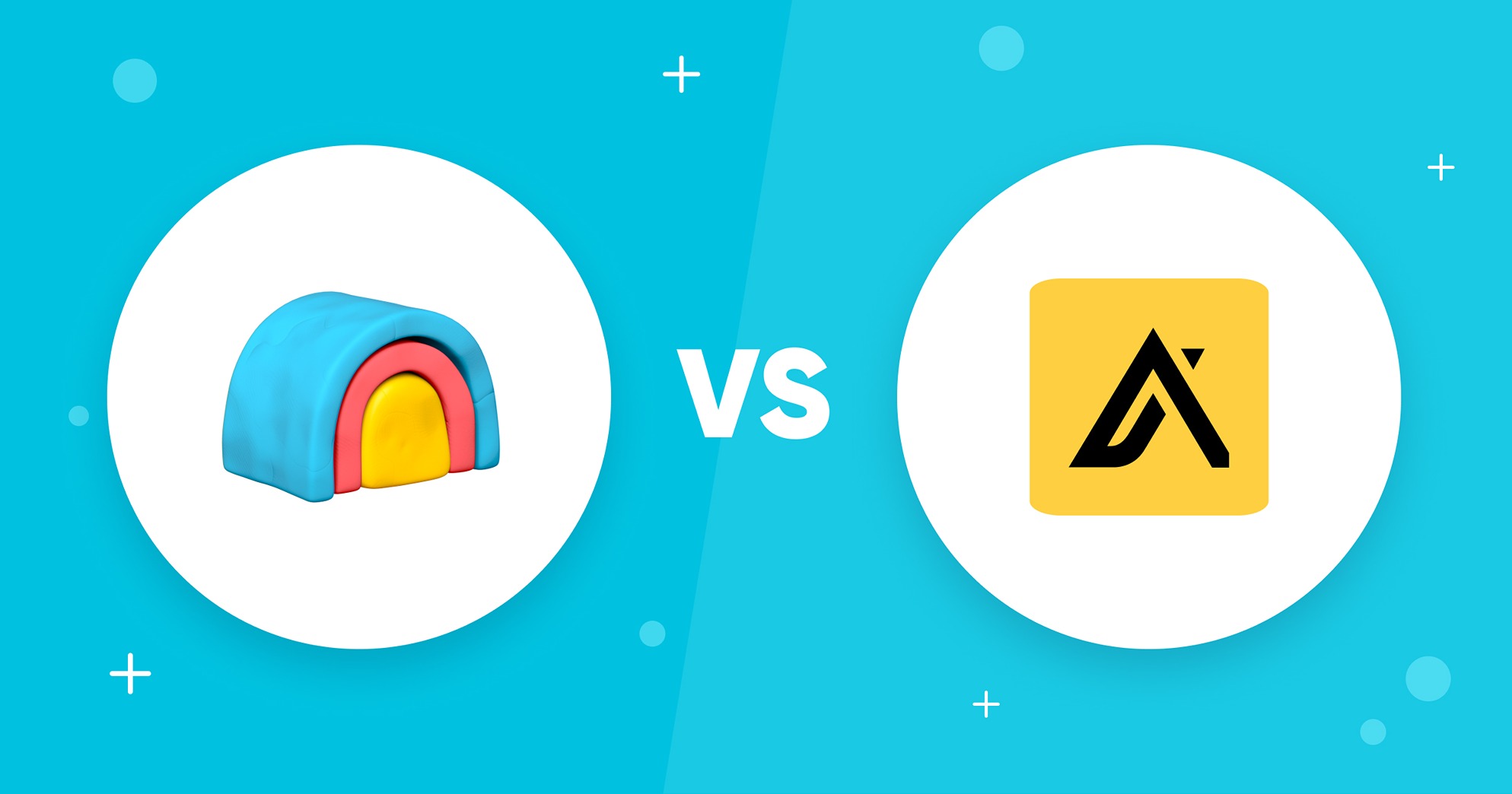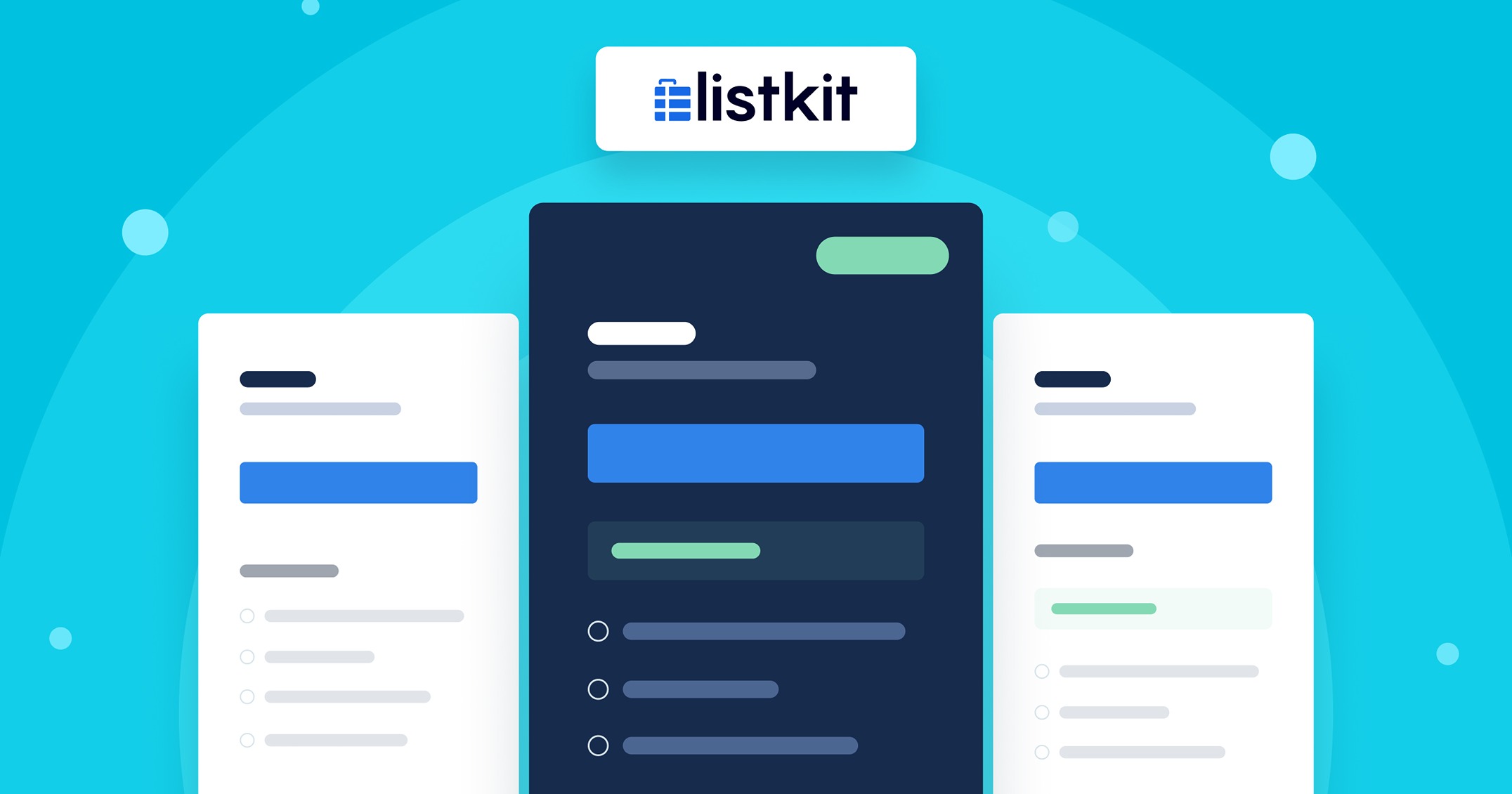SEO legend, SEO guru, Godfather of SEO – Rand Fishkin has been called all of these things, and more. Rand’s career wasn’t always smooth-sailing, though. At one point in time, he started taking out loans in order to keep his company going, and his debt eventually snowballed to a mind-boggling $500,000.
In this UpLead Growth Chat, we sat down with Rand to pick his brain on how he overcame all odds to grow Moz into a $40MM+ empire, and why he says he should have pushed Google further back in those days. To jump to specific segments of our interview, click on the relevant links from the Table of Contents above.
Early career and personal growth
Will: Back in 2011, you co-founded Inbound.org (now Growth.org) with Dharmesh Shah. What did you learn from your stint here? Why did you eventually move on?
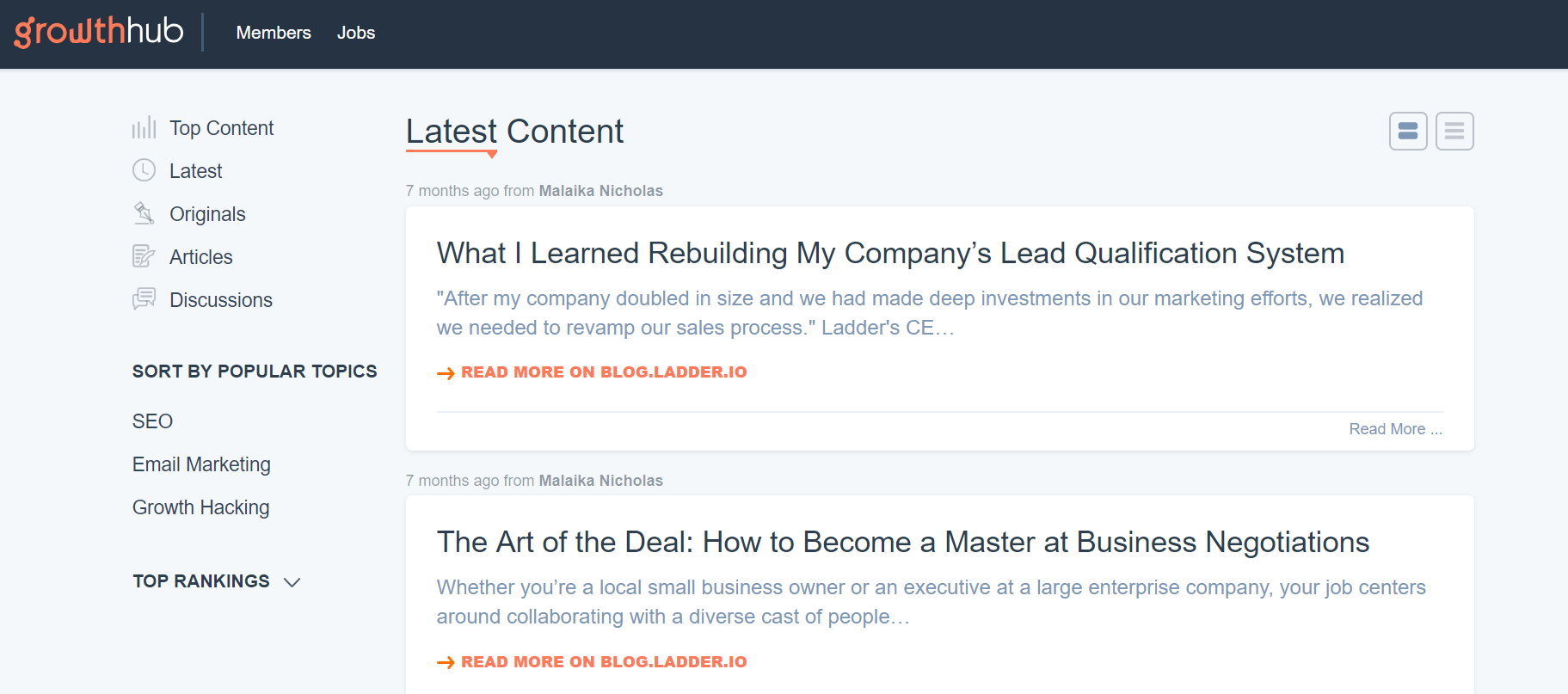
Yep, I was 10+ years into my web marketing career when Dharmesh and I decided to create Inbound.org. My two big takeaways are that, firstly, trying to be many things to many people doesn’t work nearly as well as being one thing to a dedicated group. Secondly, I’m better when I focus on one thing vs. spreading myself thin.
To expand on that first point, Inbound.org initially served a smaller, more focused community or organic search marketers; during that time, we gained traction very quickly. However, as we grew, we started trying to do more things and appeal to more marketers, but this ended up backfiring – the breadth made the site and its topics less interesting to most folks.
Moving onto the next point – I’ve also come to realize that when I invest all my effort exclusively in doing one thing (such as creating a great link product), I typically end up with amazing results. Conversely, when I try to do a lot of things at once, I end up spreading myself thin, and this impacts the quality of my work.
Will: Moz started out as a blog. It eventually became a consulting company, then a software business. In retrospect, everything worked out well — but back then, were you confident that pivoting your business (not once, but twice!) was the right move? What were some challenges you encountered with each pivot?
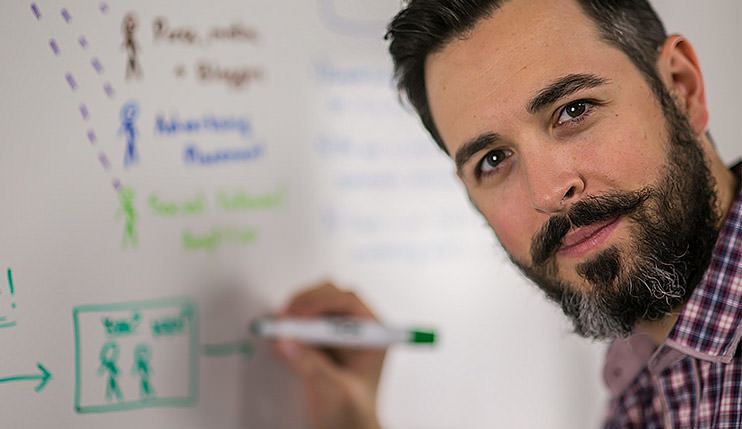
Wait.. What?! Everything did not work out well! At least, not yet anyway. Hopefully, someday, Moz is a success — it exits and makes its investors and founders and team some real money — but until then, Moz is kinda stuck on a too-slow-growing for VC ramp. It’s profitable, it makes a lot of money, and it employs some wonderful folks and serves a great community…
“But once you raise VC, the stakes change.”
As for pivots — the blog to service business was an obvious and necessary one, with very little friction. The move to software was surprisingly easy for us, because we launched the software while still running the consulting business, and had the strength of the blog and the surrounding community helping to make that take off. Biggest challenges in both cases were external — convincing folks who’d heard of us previously that we were something new. Many people took a long time to get over their previous recollection of what we did and who we used to be.
Will: Moz secured its first round of funding in 2007, which means that you spent 3 years as a bootstrapped company. What are the pros and cons of obtaining funding? Do you have any advice for small business owners who aren’t sure if they want to seek funding?
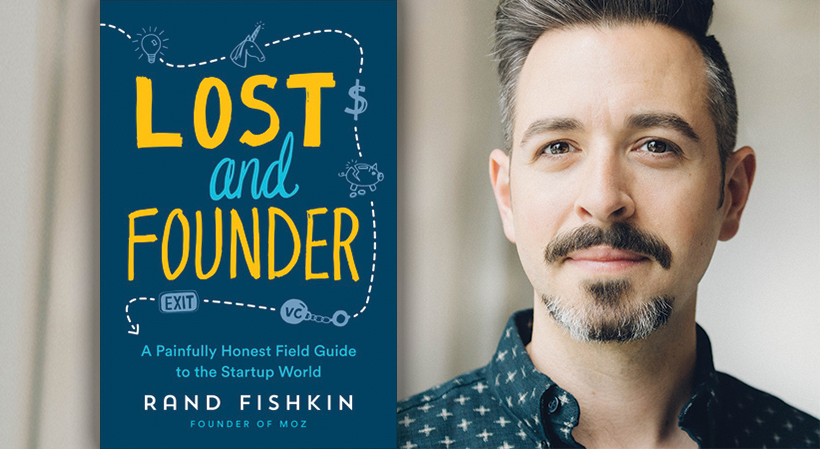
Rand: I have loads of advice! I wrote two entire chapters about it in my book, Lost and Founder. There’s a lot of complexity, and it’s hard to boil down, but if I had to, I’d say this:
“If you want low odds of being a huge, very wealthy or very highly used product, take venture.”
If you’re going to be happier with much higher odds of being a smaller, but more likely profitable and personally-financially-beneficial company, stay bootstrapped (or pursue other funding options — it’s not binary!)
On being $500,000 in debt, and monetizing Moz
Will: You’ve mentioned in prior interviews that you were in serious debt prior to starting Moz. Exactly how much did you owe, and how did this debt come about?
Rand: We owed between $450,000 and $500,000 to various banks, lenders, and credit card companies. That started as mostly loans to keep the business going through lean months, but after we’d amassed ~$150K in debt, we could no longer afford to make the minimum payments on the total, and the penalties+interest skyrocketed.
Will: I can see how that’d happen. How did you go from being in so much debt to turning Moz into a profitable company?
Rand: The debt was paid back slowly, over several years, as we shifted from web design to SEO and managed to get deals with the banks where we’d pay a fraction of what we owed (but in exchange, I took a huge hit on my credit report and score).
Will: Was there any point in time where you felt like your debt was unmanageable, and you came close to quitting? How did you manage to overcome this?
Rand: Absolutely! I felt that way pretty much all the time from 2004 to 2007 or so.
That said, I knew that we couldn’t declare bankruptcy, because that might result in my family’s finances taking significant hits (more specifically: my parents owned my grandmother’s house, which could have been considered collateral in a bankruptcy). We just had to keep going — there was no other option.
Will: Moz has two different products — Moz Pro and Moz Local. Which one brings Moz more revenue and profit? Which one is easier to market?
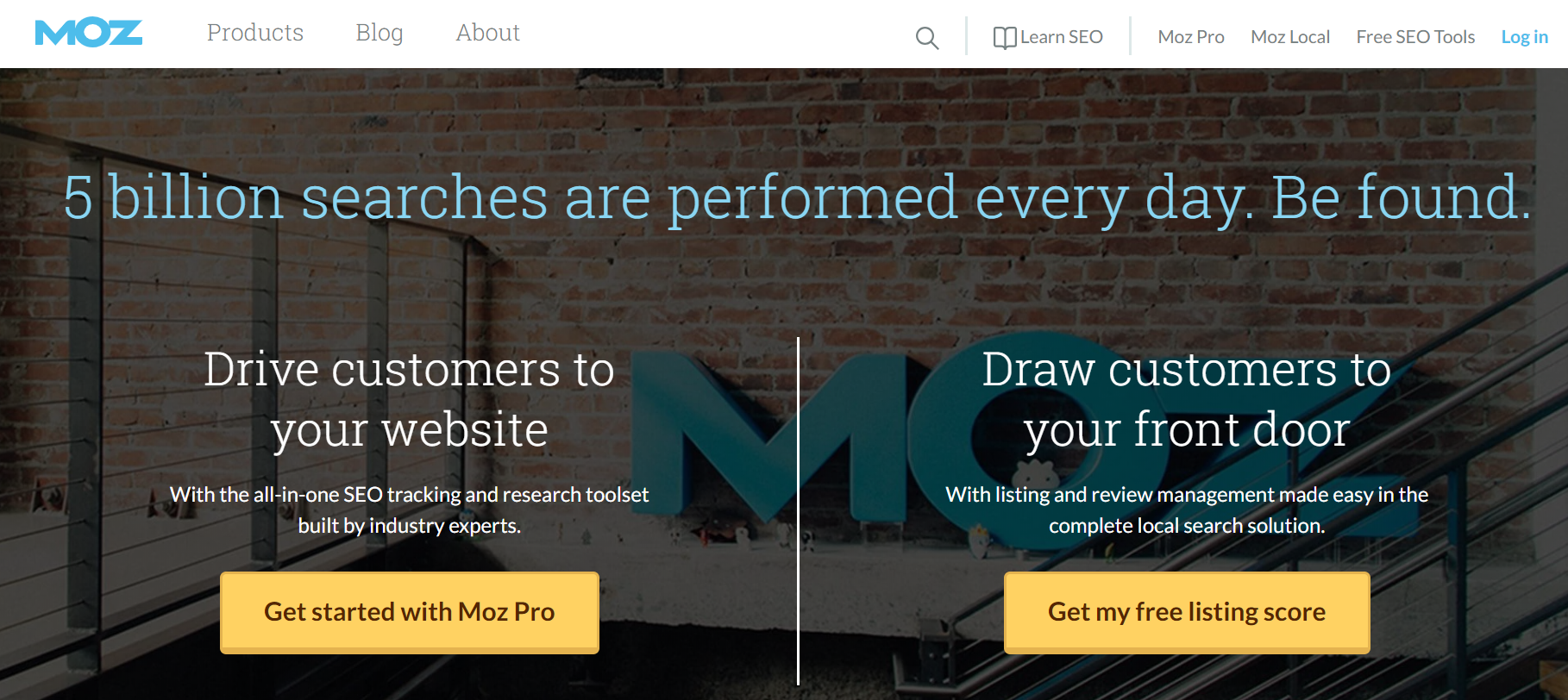
Rand: Pro has always been many times the size of Local in terms of revenue and profit. I’m not actually sure if Moz Local has ever turned a profit (though it is the faster growing of the two by percentage and the company certainly hopes that someday it will). Pro is also much easier to market, at least in my opinion while I was at the company.
Will: When you first started to monetize Moz, did you encounter any pushback or resistance from your readers? If yes, how did you deal with this?
Rand: We did not… I think folks were always understanding that the blog should and could support a business.
On SEO myths, techniques and strategies
Will: What is the one thing that entrepreneurs or marketers often get wrong about SEO?
Rand: For a long time, most didn’t believe in it and so didn’t invest. Today, that’s less of a problem, but I still see a lot of folks foolishly thinking they can invest in SEO AFTER they launch their site and do a few years of other kinds of marketing.
“SEO has to be baked in from the beginning if you want to have a real shot of being the big winner in your keyword sector.”
Will: Say you’re mentoring a startup founder — this person has no cash to spend on outsourcing their content, and they can barely put aside enough time to write one blog article per week. What strategy should this person employ when it comes to SEO?
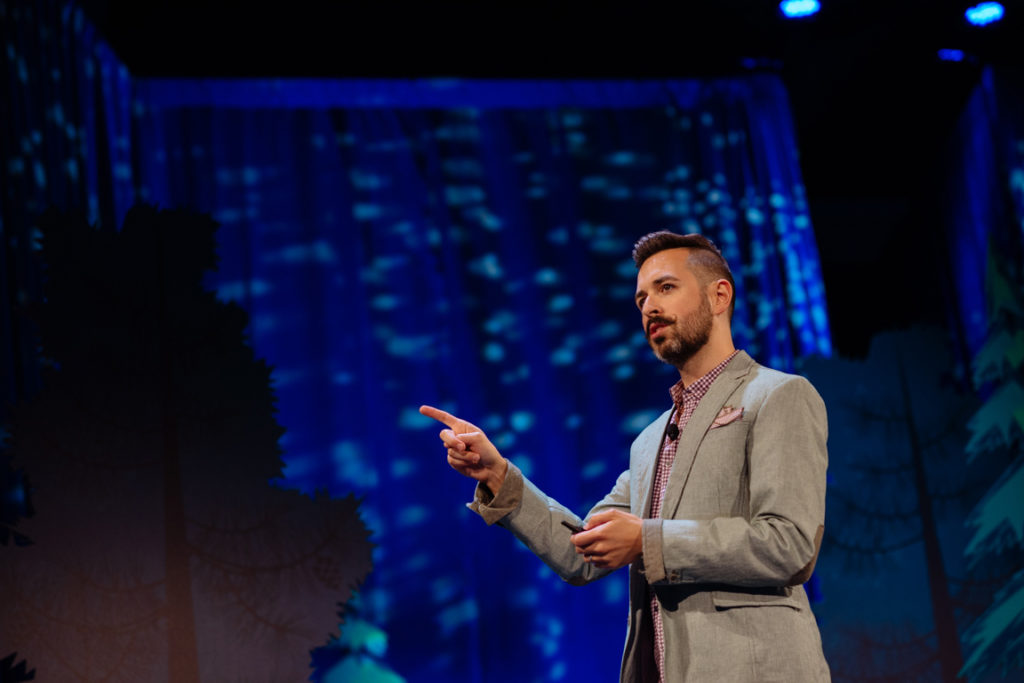
Rand: Maybe consider other channels? I always tell founders to find marketing channels that match their personal strengths, reach their target audience, where they can offer unique value. If, with SEO, you can’t tick those three things off the list, I’d go with another channel instead.
Will: There are 2 million blog articles being produced every single day. Aside from the obvious stuff (produce high quality, 10x content), what are some tips that you can give to content marketers who want to have their content stand out?
Rand: Before you publish anything, have a great answer to the question: “Who will help amplify this and why?” If you don’t, or if you can’t reach those people, don’t bother creating that content. Make something else that will.
On growing Moz into a $40MM+ empire, and bringing “radical transparency” to the world of SEO
Will: Moz prides itself on bringing “radical transparency” to the world of SEO. Can you explain exactly what this entails?
Rand: It means we share what we learn and what we know, even when that doesn’t always build up alliances with Google or match what the search giant says is true. I think it’s crucial to speak truth to power, even when that power is breathing down your neck or threatening you (which happened to us on occasion).
Will: Sounds like you have plenty of juicy stories. Can you share some specific anecdotes with us?
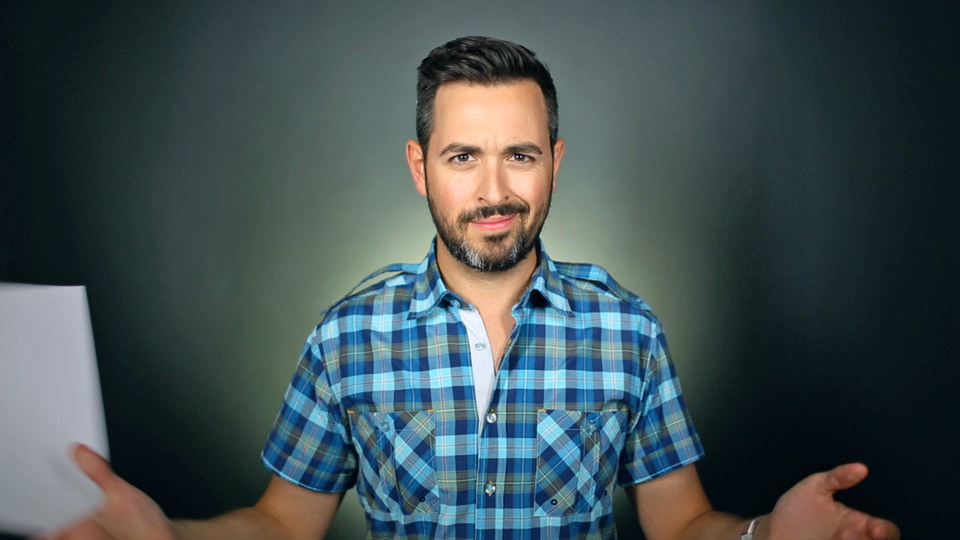
Rand: I can’t. Sorry! Broadly I’ll just say that we received messages from folks at Google several times over the years asking us to take things out of our product, stop publishing certain content on our blog, stop inviting speakers to speak on certain topics at Mozcon, etc. We sometimes acquiesced and sometimes pushed back.
“In retrospect, I wish we had pushed Google more.”
It was clear that Google didn’t have an official policy, this was just various employees there taking matters into their own hands.
Will: What channels do Moz’s marketers rely on? What percentage of your marketing budget do you put in each channel, and which channel has had the greatest ROI for you?
Rand: I don’t know the current stats, as I haven’t been with the company in anything but a board of directors role since February. However, I can say that SEO has always had the greatest ROI, and email marketing as well as content marketing (through sources like search, direct, social, etc) were also very strong.
Moz dogfoods a lot, using its own tools to measure its content and search efforts. I believe the company is also a user of Salesforce on the Local enterprise sales side and of Google Analytics (after a brief, not-so-successful stint with Omniture).
Will: How does Moz compete with SEMrush, Ahrefs, and other companies in the same space?

Rand: For a long time, Moz was the only business of its kind. Then we took our eye off the SEO ball, wrongly fearing that perhaps the market would tap out or wouldn’t keep growing. During ~3 years of distraction, SEMRush and Ahrefs rose to become bigger than Moz, a truly impressive feat. They timed the market flawlessly and had the focus and lack of fear we didn’t.
“I’m definitely very regretful for those years of broader pursuit and for not trusting my gut that SEO could be a huge market on its own.”
Will: How does Moz reduce churn and increase retention, both for readers and paying customers?
Rand: From a height of almost 10% month-over-month, Moz Pro’s churn is now down, I believe, to ~5.5%. Still very high for a SaaS company, even a self-service one, but onboarding was the biggest thing that helped bring that down.
It’s pretty simple stuff – we had people who’d schedule phone calls with new customers of Moz, and these folks would walk our customers through the product, help them set up their accounts, and make sure they understood how to use the tool’s recommendations and data.
Will: What is one thing that the team struggled with the most in Moz’s early days? What is one thing that the team is struggling with right now?
Rand: Hiring talented engineers was the hardest challenge Moz had for almost all the years I was there. Only in the last 3-4 did the process become slightly easier. And even then, we struggled.
Today, I think Moz suffers most from plateauing growth, mostly driven by the fact that it’s been working hard to re-emerge as a product leader in the SEO space after giving up so much ground to Ahrefs and SEMRush.
Will: What three factors would you attribute Moz’s success to?
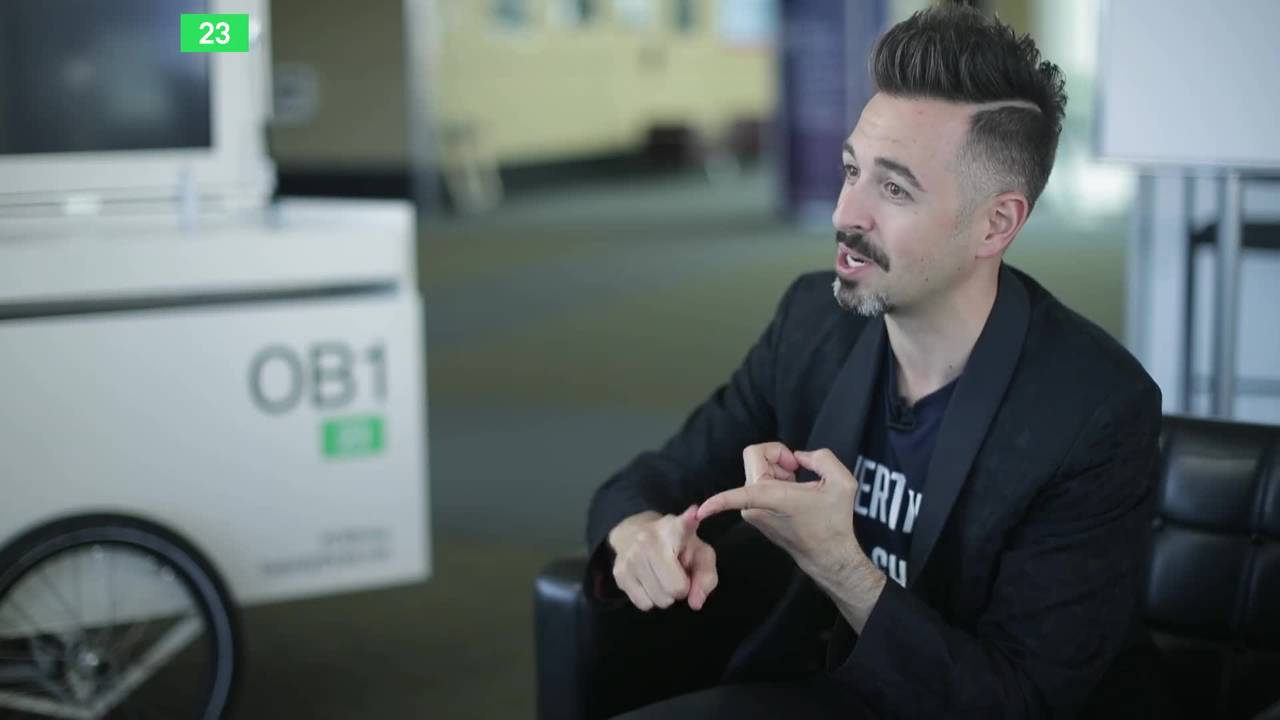
Rand: Great timing. A great community. And the best product in its field (for at least the first few years).
Will: What are the three most important metrics that Moz monitors?
Rand: Growth rate, rate of new signups, and churn (with all sorts of detail).
To go into further detail about how we measure churn: we look at a few items here, including Churn by cohort (ie: by when a customer signs up) and Churn by product usage (ie: which products/tools/pages customers used or didn’t use inside the app).
We also monitor Churn based on acquisition method, but we find that almost everyone has so many touch-points prior to their purchase/trial that this is hard to truly nail down.
On leaving Moz, and diving headfirst into SparkToro
Will: You’re now working on SparkToro, a search engine that helps marketers discover which websites, blogs, podcasts, social accounts, and publications reach their audience. What made you decide to build such a platform?
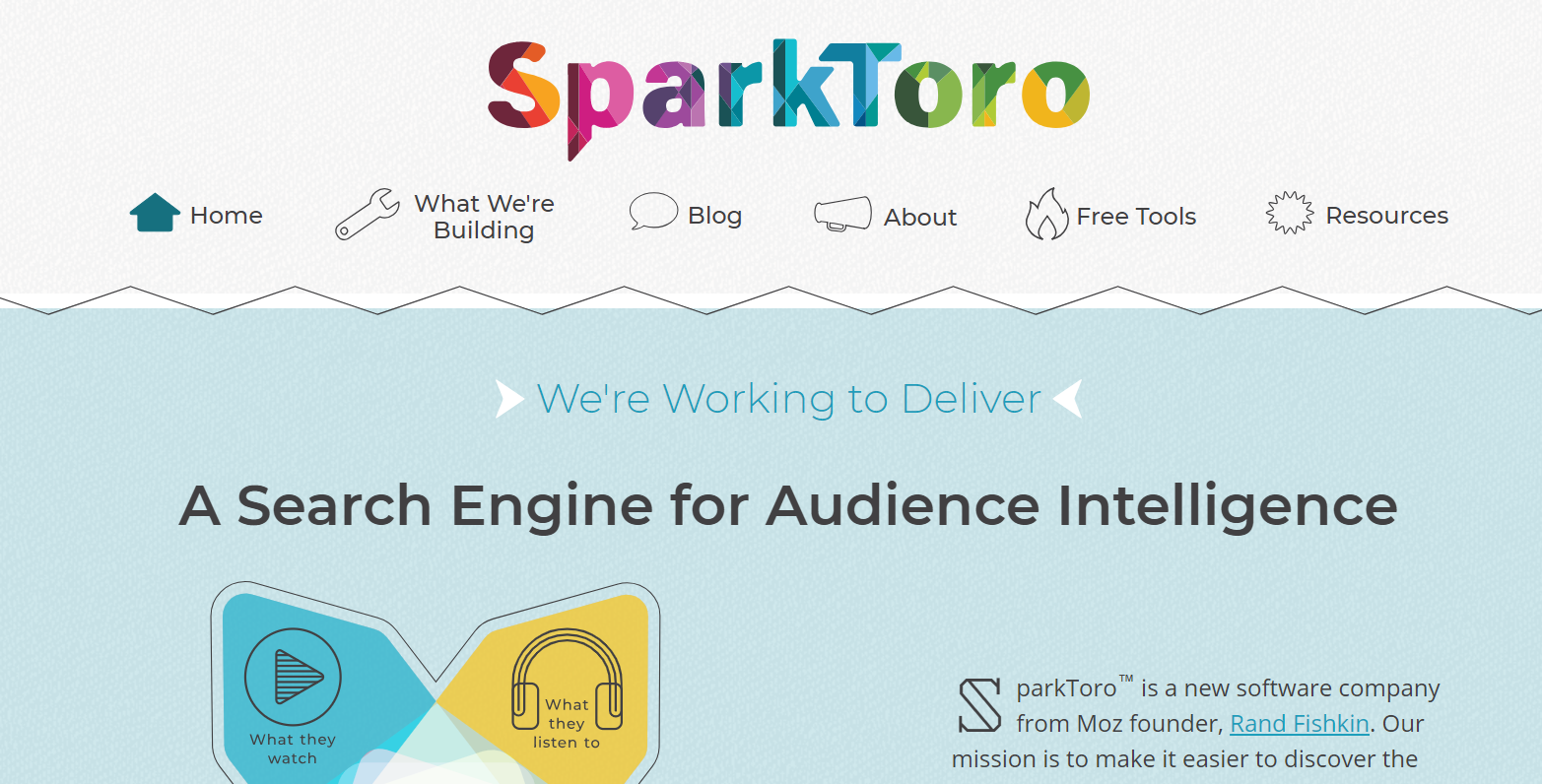
Rand: I think it’s weird that something like this doesn’t already exist. In lots of my conversations over the years with marketers for whom SEO didn’t work (or wasn’t their only marketing channel), I found them spending inordinate amounts of time and energy trying to discover the publications and people that influenced their audiences. Often, they got it wrong, spent money and effort in wasted places, and had to start again.
All in all, SparkToro was an idea to solve this problem in a scalable way with a simple interface and powerful, big data on the backend.
Will: Why did you decide to leave Moz to work on SparkToro? Surely it mustn’t have been easy walking away from a business you’ve built for over a decade!
Rand: 17 years, to be precise! 🙂 Yeah, this wasn’t a particularly fun or easy part of the journey, and my decision to leave was only partially voluntary. I guess the best way to say it is that both I and the team’s leadership and board determined that it was time for me to go.
Will: Are you intending to tap on Moz’s audience, and market SparkToro to them? How do you intend to do this?
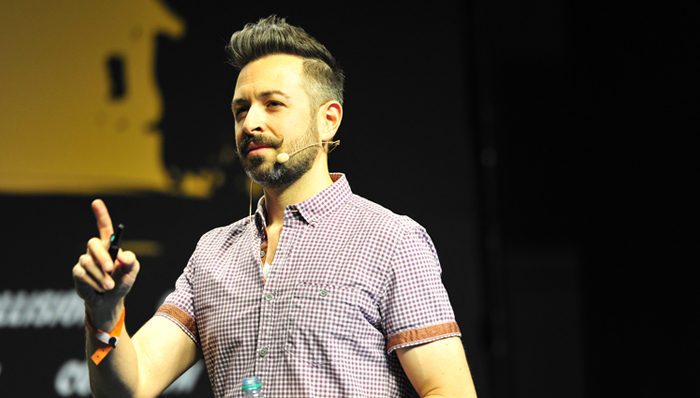
Rand: Certainly not directly, but many folks who follow my work did so because of what I built at Moz. I expect a good number will likely check out whatever we launch with SparkToro.
Will: On SparkToro’s About Us page, it says in your bio that you have a bit of a chip on your shoulder. Care to share more?
Rand: I’ve talked about this in a blog post, but long story short: there are some folks who probably believe that I don’t have the ability or the vision to be a great CEO/founder again, and I intend to work hard to prove them wrong. (P.S: I’m one of the people who worries about that, so a lot of that chip is about proving to myself that I can successfully grow a new company).
Lifehacks, sources of inspiration, and tips on relaxation
Will: What is your favorite lifehack? (Business or non-business related).
Rand: Sleep. A lot. Like 8.5 hours if you can. It’s amazing how much more you can get done is much less time when you’re not tired from working yourself to the bone.
If you’ve ever come back from vacation, seen your inbox and to-do list, felt like it would take you a week, and then been shocked when, a day or two later, you’re completely un-buried from all that work, you know what I mean. Time off from work — vacation, sleep, knocking off early — can often lead to incredibly productivity when you get into that groove.
Will: Which entrepreneur, leader or business owner inspires you the most?
Rand: Lately, I’d have to say Alexandria Ocasio-Cortez. She is a relentless, amazing, full-throated supporter of so many good and right things in this world in the face of so much hate and resistance. I’m a massive fan.
Will: What business tool would you find it hard to live without?
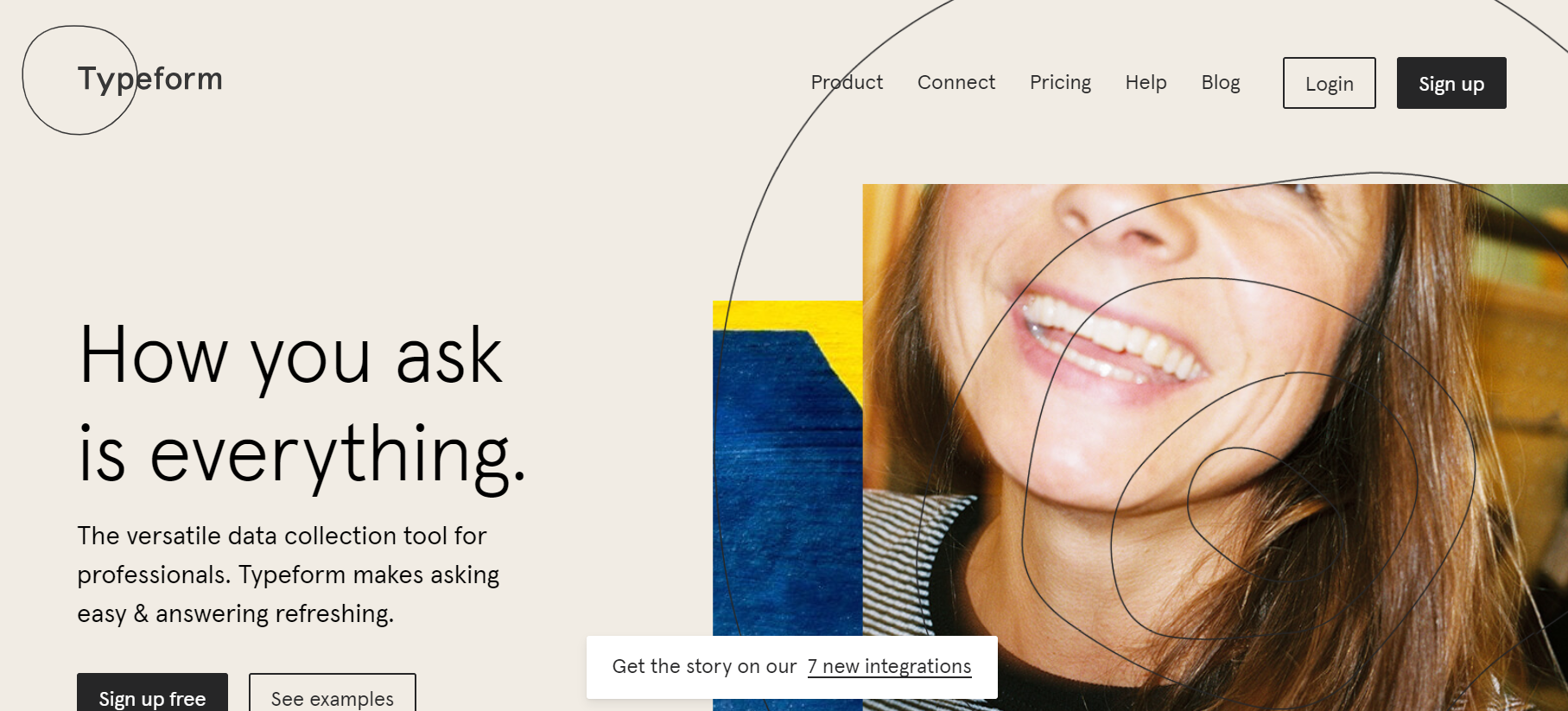
Rand: Surveys! I think I’d be sunk without them. I used to rely on SurveyMonkey (and still do for more complex ones), but have mostly switched to Typeform for simpler ones.
Will: If you had $1,000,000 to invest in one public company, what company would it be?
Rand: Patagonia. I believe they care about more than just growth and profit; they actually want to make their products, their customers, and the world better. And unlike many other companies, this isn’t just lip service or a marketing tactic; their leadership believes it to their core.
Will: What do you do to destress and relax?
Rand: I love to cook, especially pasta. I’m also a big traveler, and getting to explore someplace new, hopefully with a big, open air market, is exactly my jam.


